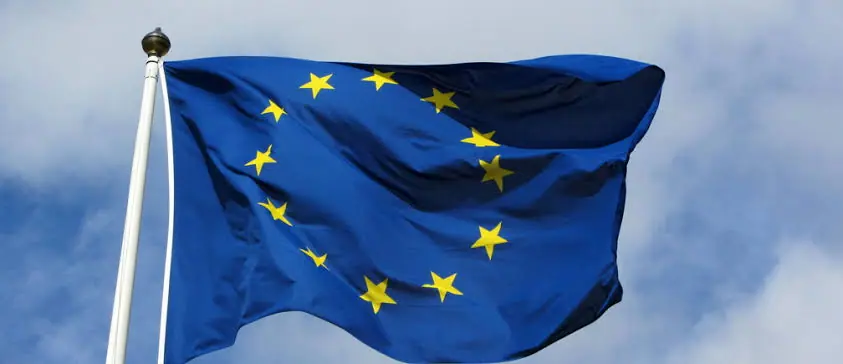A meeting will be held to assist smallholder livestock farmers, according to the European Union-funded Livestock Disease Surveillance Knowledge Integration (LIDISKI) project.
According to the project, it will also assist other stakeholders with disease identification, characterisation, and surveillance to improve the livelihoods of poor rural farmers and livestock owners.
The project’s Communication Officer, Jesutomi Lawal, announced this in an Abuja statement on Friday.
According to the statement, the purpose of the annual meeting was to strengthen the capacity of the National Veterinary Research Institute (NVRI) and, through it, other stakeholders in disease identification, characterization, and surveillance.
The LIDISKI Project, as well as other stakeholders such as the International Research Centre in Agronomy for Development (CIRAD), France, and the NVRI, would be represented.
The Italian health authority and animal health and food safety research organization (IZSVe) are also expected.
The goal of the conference, according to the statement, is to share information with major players in livestock disease surveillance and control in Nigeria.
It will also discuss the significant progress made over the past two years of implementation, as well as the project’s potential impact on the Nigerian livestock sector.
“Working on surveillance and control systems is a difficult task because it involves a wide range of actors, including farmers, NVRI, Community Animal Health Workers (CAHWs), and private veterinarians.”
“We use an integrated approach to build a common representation of the system, connecting national decisions with local context,” it said.
Through disease control and surveillance, the EU’s support for LIDISKI aims to improve the livelihoods of smallholder livestock farmers in Nigeria.
According to the statement, livestock diseases and their management costs are the most serious economic threat to the livelihoods of poor rural farmers and livestock owners.
In Nigeria, the Peste des Petits Ruminants (PPR) and Newcastle Disease (ND) are two of the most serious.
LIDISKI is putting in place long-term PPR and ND surveillance and control strategies.
The strategies would reduce disease burden while also directly contributing to increased food security, women’s empowerment, poverty reduction, and the resilience of the poorest people.
According to the News Agency of Nigeria (NAN), LIDISKI is a £2.5 million project funded by the European Union.
The four-year LIDISKI project began in 2020 with the goal of improving the livelihoods of smallholder livestock and poultry farmers in Plateau and eight other northern states.
